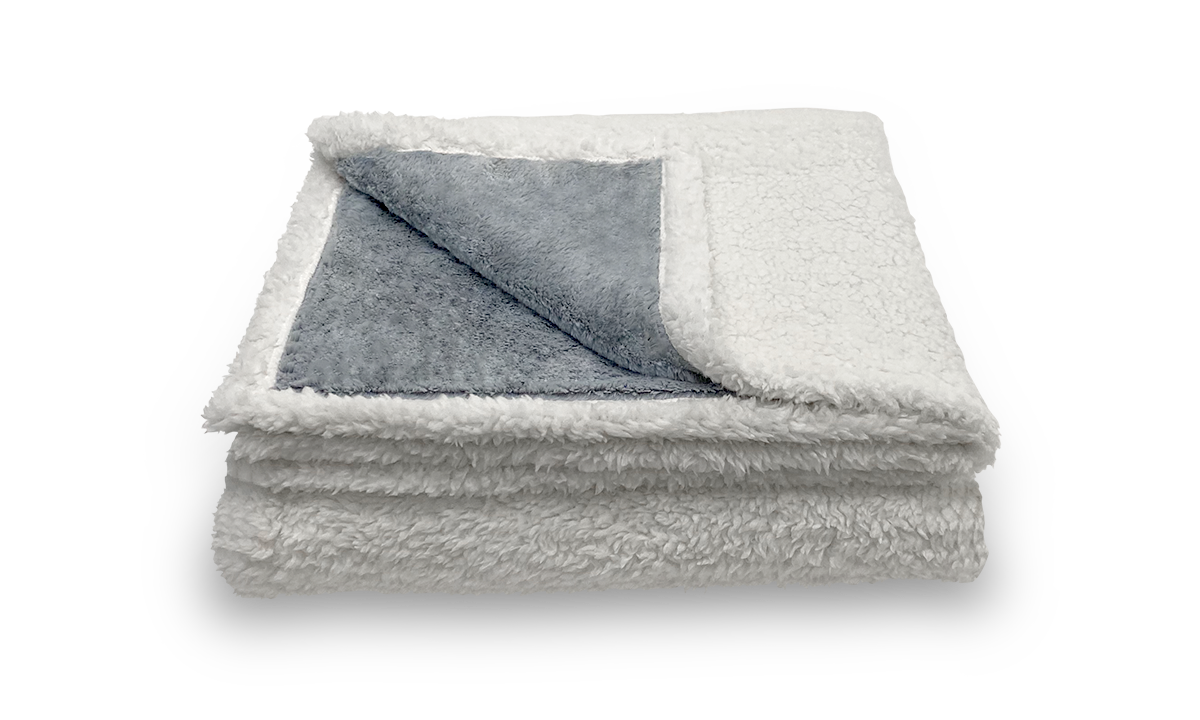The arrival of winter often prompts the need for additional warmth in our homes, particularly at night. For those looking to enhance their sleeping comfort during the colder months, mattress warmers and electric blankets are two popular choices.
Each offers distinct advantages and could be the perfect solution to cold nights depending on your specific needs and sleeping habits. This blog will delve deep into the differences between mattress warmers and electric blankets, helping you decide which option might be the best for you and your family.
Mattress Warmer vs Electric Blanket
Understanding the Basics
Mattress warmers, also known as bed warmers, are integrated directly with the mattress, lying beneath your sheets to radiate heat upwards. On the other hand, electric blankets are designed to be used over your body, allowing you to wrap yourself in warmth. Here’s a more detailed comparison:
-
Safety Features: Mattress warmers generally have robust safety features, such as automatic shut-offs and overheat protection, which are crucial since they operate beneath your body. Electric blankets, while safe, demand more careful usage. They must be spread out evenly to avoid overheating and potential fire risks, particularly if they become folded or bunched during use.
-
Heat Distribution: Mattress warmers offer a uniform warming experience because they are in direct contact with the mattress and typically cover a large area. This setup ensures that heat is evenly distributed throughout the bed. Electric blankets can provide more localized heat, which can be adjusted according to the user’s preference—ideal for individuals who may not want heat distributed evenly across the entire bed.
-
Energy Efficiency: Mattress warmers are generally more efficient in terms of energy usage. They keep the heat confined to the bed and minimize loss, thereby using less energy over time compared to electric blankets, which may lose more heat into the environment.
One million Americans are sleeping better with Puffy. Compare our award-winning mattress collection against other brands to learn why: Puffy vs Purple, Puffy vs Nectar, Puffy vs Casper, Puffy vs Leesa, Puffy vs Saatva, Puffy vs Dreamcloud, and Puffy vs Tuft & Needle.
What Uses More Electricity: Mattress Warmer or Electric Blanket?
Energy Efficiency Comparison
- Electric Blanket: Generally uses between 50 to 200 watts, depending on the size and settings.
- Mattress Warmer: Uses about 60 to 150 watts, making it slightly more efficient as it heats from underneath and retains heat better.
Long-Term Cost Implications
Using either device responsibly involves utilizing timers and adjusting temperatures to prevent unnecessary power usage, thereby managing operational costs effectively.
Types of Mattress Warmers
Exploring Varieties
There are different types of mattress warmers available, catering to various preferences and bed types:
-
Electric Mattress Pads: These are placed directly on top of the mattress and under the sheets. They often come with dual-control settings on larger beds, allowing individual temperature control on each side of the bed, which is particularly beneficial for couples with different warmth preferences.
-
Heated Mattress Covers: These fully encase the mattress, much like a mattress protector. They offer comprehensive coverage, ensuring there are no cold spots anywhere on the bed. This type is especially good for those who want a uniform heat distribution throughout the mattress.
Pairing either a mattress warmer or an electric blanket with a Puffy Lux Mattress can maximize your comfort during sleep. The mattress’s temperature-stabilizing features complement the heat from the blanket or warmer, ensuring a snug and cozy sleep environment.
Types of Electric Blankets
Variety and Functionality
Electric blankets are versatile and come in several types to suit different needs:
-
Overblankets: These blankets are designed to lie on top of the bed covers. Many come with advanced features like programmable pre-heating and automatic shut-off, enhancing convenience and safety.
-
Underblankets and Throws: These are smaller and designed for specific use, such as on individual beds or for wrapping around oneself while sitting on a sofa. They are perfect for targeted warmth and can be easily moved around the home.
Bed Warmer vs Electric Blanket
Deciding Factors
Choosing between a bed warmer and an electric blanket often involves considering the following factors:
-
Comfort and Sleep Quality: Personal comfort preferences play a significant role. For those who prefer a more consistent heat that mimics the feeling of being in a pre-warmed bed, mattress warmers are ideal. Conversely, electric blankets can provide a comforting, cocoon-like warmth that some may prefer, especially when used as an overblanket.
-
Ease of Use: Electric blankets are generally more versatile. They can be easily adjusted or moved from bed to couch, making them suitable for multiple uses around the home. They are also easier to install and remove compared to mattress warmers, which might require setting up the bed differently.
Integrating a Puffy Lux Mattress with a mattress warmer can elevate your sleeping experience by combining the deep, consistent warmth of the warmer with the supportive and comforting layers of the mattress.
Based on my family’s experiences, the switch to a mattress warmer provided us not only with comforting warmth during harsh winters but also helped in maintaining a consistent sleep temperature throughout the night.
This was particularly beneficial for uninterrupted sleep, as there was no need to adjust the blanket during the night or worry about uneven heating, which sometimes occurs with electric blankets.
Conclusion
Choosing between a mattress warmer and an electric blanket ultimately comes down to personal preference and specific needs. Both options provide significant benefits in terms of warmth and comfort.
However, by considering your lifestyle, sleep preferences, and the type of bedding you use, you can make an informed decision that will enhance your comfort during the winter months.

- Oeko-Tex® Standard 100 certified.
- Hypoallergenic.
- Lifetime warranty.
- 101-night sleep trial.
- Free shipping and returns.












